
The Price of Inequality
How Today’s Divided Society Endangers Our Future
Recommendation
Nobel Prize-winning economist Joseph E. Stiglitz explains why the idea that deregulation and minimal government are good for the economy – and, therefore, for all Americans – is a myth. He tallies up the consequences of unequal income and wealth distribution, now approaching US levels last seen just before the Great Depression, and explains that this disparity has hobbled America’s progress. The per capita US gross domestic product, or total economic activity, has grown almost every year from 1980 to 2010, while the inflation-adjusted pay of most American males with full-time jobs has declined. But Stiglitz warns that the top 1% isn’t the only culprit: Government creates inequality through tax policies, poor management of globalization and other means. Disillusioned Americans, by not voting, increase the political power of the wealthy and add to inequality. Though always politically neutral, getAbstract recommends this cogent, often unsettling analysis of economic imbalances and their perils to anyone concerned about the future of the US and the world.
Summary
About the Author
Nobel Prize-winning economist Joseph E. Stiglitz teaches at Columbia University. He is the best-selling author of Globalization and Its Discontents and Making Globalization Work.









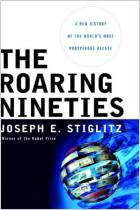
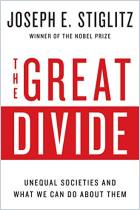
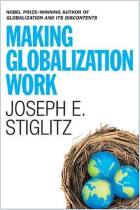
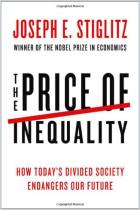
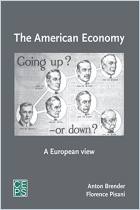
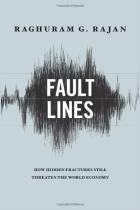
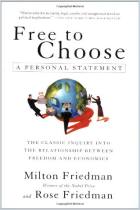
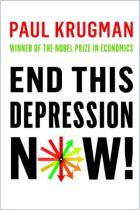


Comment on this summary